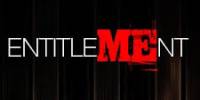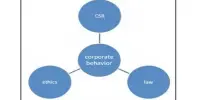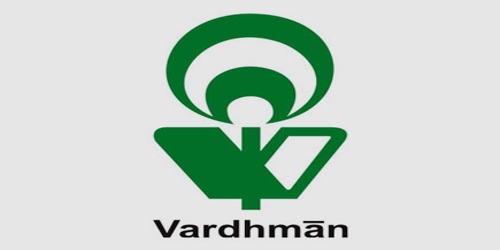Window Dressing
It signifies the art of skill or arranging goods in an attractive way in shop windows. It is the skill of decorating shop windows and arranging goods in them so that they look attractive to people going past.
Window Dressing is actions taken to improve the appearance of a company’s financial statements. The entire concept of window dressing is clearly unethical since it is misleading.
In accounting, window dressing is a strategy used by mutual fund and other portfolio managers near the year or quarter end to improve the appearance of a fund’s performance before presenting it to clients or shareholders. It is a technique used by companies and financial managers to manipulate financial statements and reports to show more favorable results for a period. It is actions taken to improve the appearance of a company’s financial statements. If a business is closely held, the owners are usually better informed about company results, so there is no reason for anyone to apply window dressing to the financial statements. Although window dressing is illegal or fraudulent, it is slightly dishonest and is usually done to mislead investors.
In finance, window dressing refers to the efforts taken to make the financial statements of a business look better before they are publicly released. It is done as the financial position of a company is one of the critical parameters, and it plays a crucial role in bringing in new business opportunities, investors, and shareholders. Window dressing is particularly common when a business has a large number of shareholders, so that management can give the appearance of a well-run company to investors who probably do not have much day-to-day contact with the business. This way the cash balance on the balance sheet appears to be at a normal amount. For investors, it provides another good reason to monitor your fund performance reports closely. While window dressing overall can help a fund’s returns in the short term, longer-term effects on a portfolio are typically negative. Experienced investors can analyze the statement of cash flows and long-term assets to see that the company is funding current operations by selling off assets.
Window dressing, for a company, is important because every business wants their financial information to look as appealing as possible. It is what attracts new business opportunities, investors, and even consumers. The entire concept of window dressing is clearly unethical since it is misleading. Also, it merely robs results from a future period in order to make the current period look better, so it is extremely short-term in nature.
















